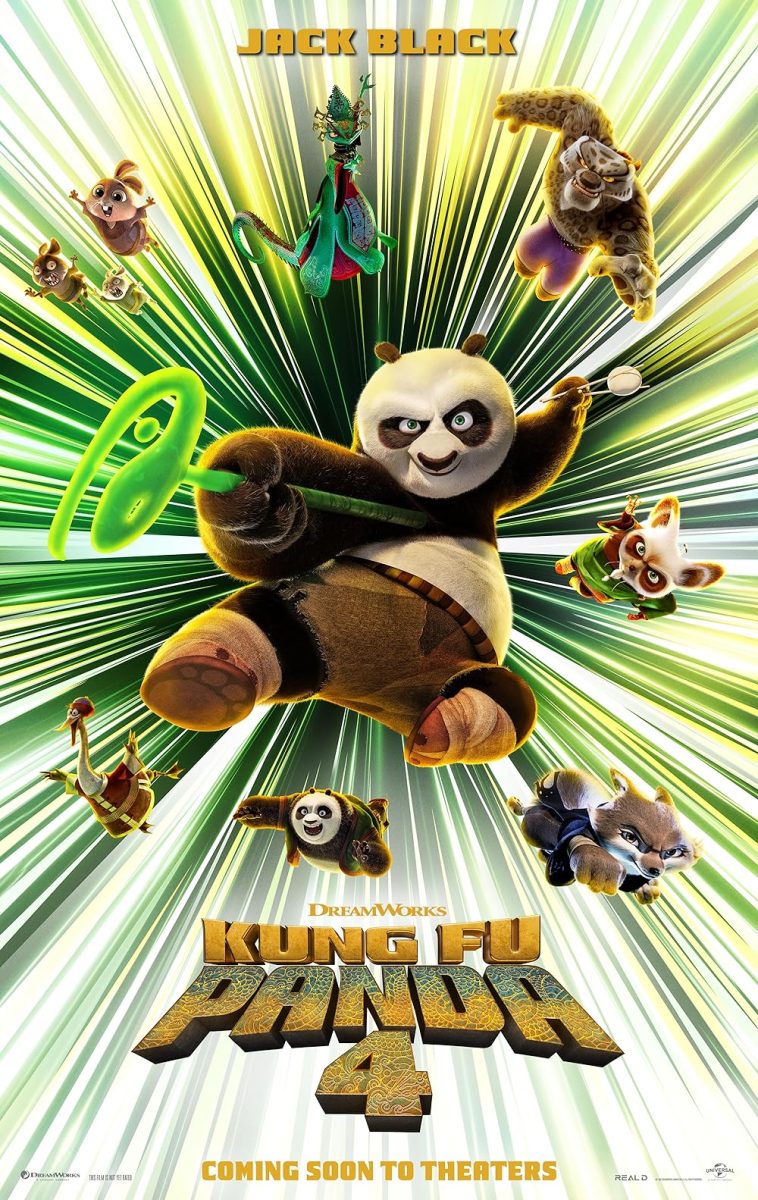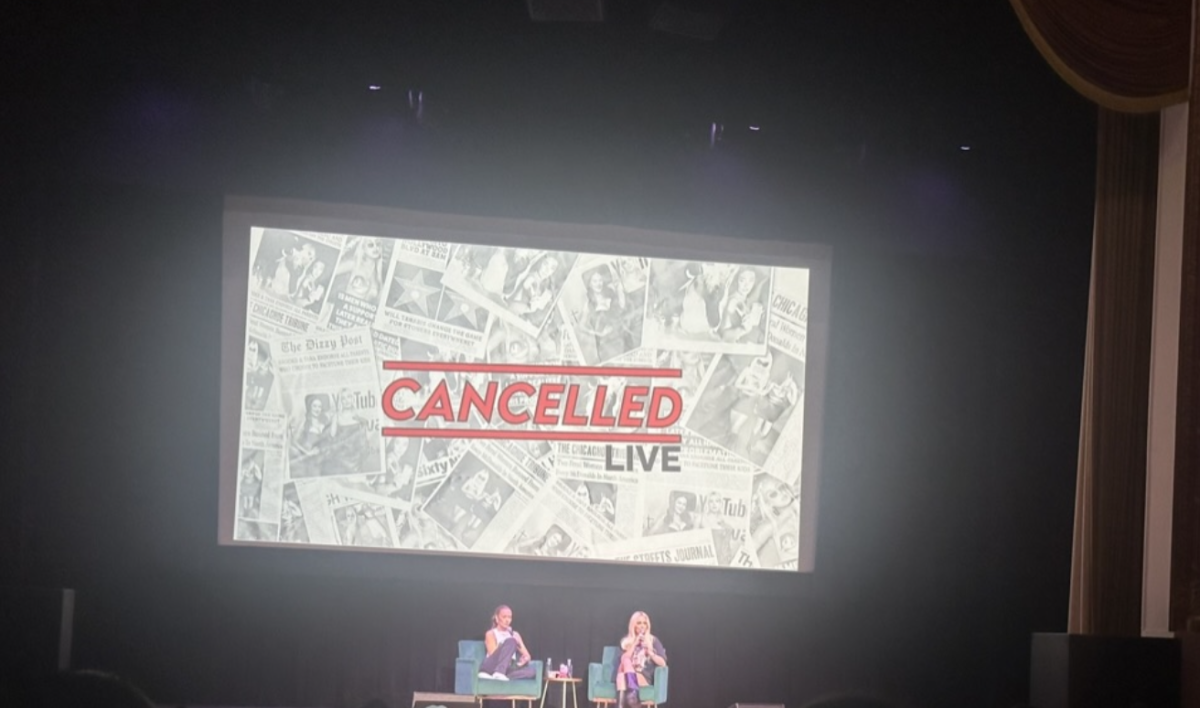When one thinks about religion today, events like 9/11 or funeral-picketing by Westboro Baptist Church members might come to mind. Amidst these concerning events caused by religious disparities, many have lost sight of the reason for religion and its significance.
A debate held in Toronto in November epitomizes how many view religion in this day and age: a divisive tool used to slaughter fellow human beings because of differing faiths.
The central question of the debate last fall was simple, “Is religion a force for good in the world?” But an outspoken atheist, Christopher Hitchens, dominated the debate against former British Prime Minister Tony Blair, who proved to be an unfit candidate for defending religion.
The question favored Hitchens because defending religion is virtually impossible. Taken as a whole, religion is abstract and makes little sense because different faiths have little in common. In defending religion, one must abandon all the beliefs of different religions because many contradict each other. The unfortunate thing that almost all religions have in common is war, which is indefensible.
Hitchens explained how religious differences often cause war, providing the example of how in Rwanda, “genocide was preached from the pulpits of the Catholic Church.”
Although this is true, what both Hitchens and Blair left out was that these views were not consistent with that of the Catholic Church but were extreme. It was also the presence of nuns and priests in Rwanda who hosted thousands of refugees in fighting–at risk to their own lives.
Humans are divisive in nature. We find the most ridiculous things as an excuse to exclude each other. As early as kindergarten, we make friends only among those who have the same favorite color or who play the same games at recess. Violence like the Rwandan genocide would not end if religion died; we would simply find another issue to kill each other over.
Blair said it perfectly: “In a world without religion, religious fanatics may be gone, but I ask you, would fanaticism be gone?”
Faith itself was ironically left out of the debate altogether. Hitchens asserted that the only benefit of religion is charity, but that even this can be eclipsed by the work of secular charities.
According to Hitchens, “you need something like Unicef to get major work done if you want to alleviate poverty and misery and disease” because religious charities waste resources on teaching their faith to those they serve. However, material aid like food, shelter and money can only go so far in helping the less fortunate. No gift is greater than giving someone hope and self-worth, the knowledge that there is a God who loves him or her, a reason why we are here. Organizations like Unicef might fill one’s appetite for a day, but religious charities like the Salvation Army do this and give life a purpose other than merely survival.
Atheist literally means “no god.” The search for a Supreme Being, for something beyond us, is so ingrained in our soul that we can only describe atheism by what it is not. As technology, medicine and the sciences develop faster than ever, distractions in our everyday lives keep us from asking the questions written in all of our souls: why am I here, and is this painful life really the be-all and end-all? Religion gives answers to these questions, and therefore is essential, even in the modern era.







